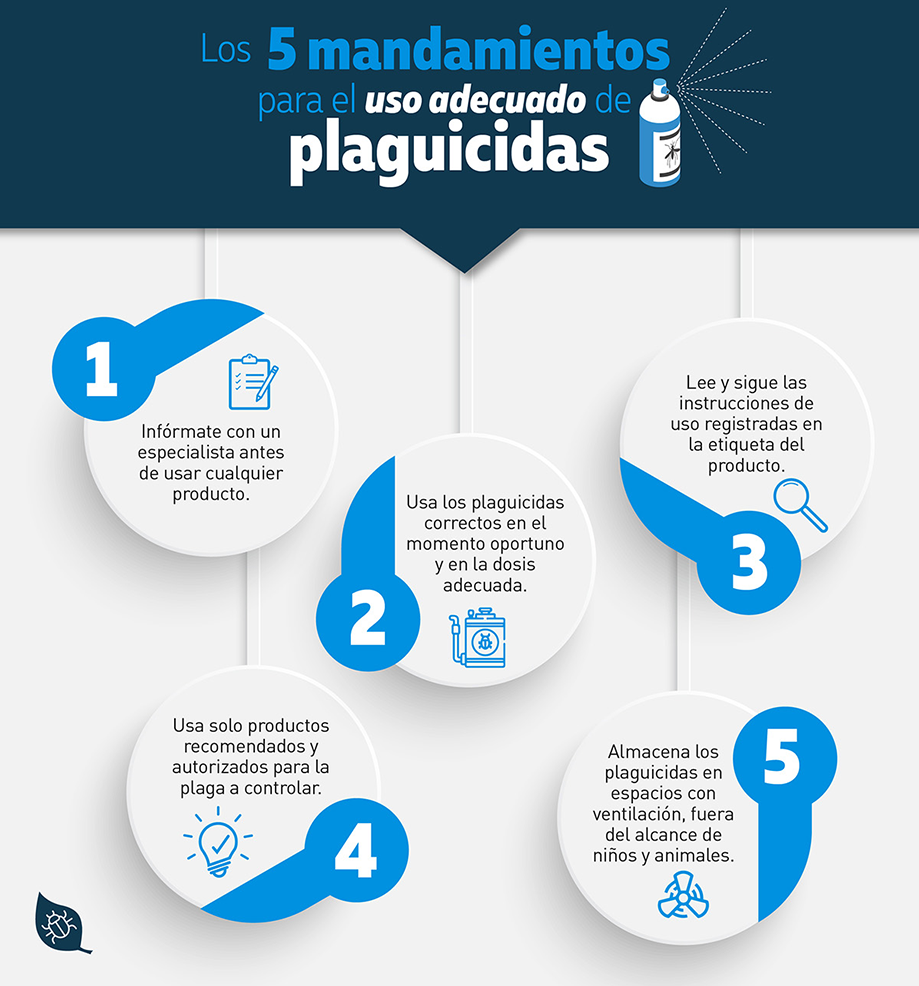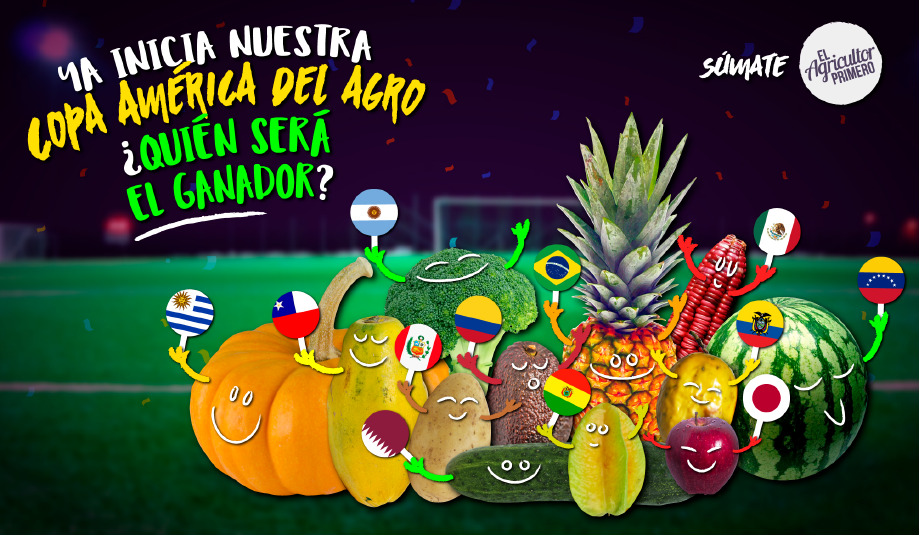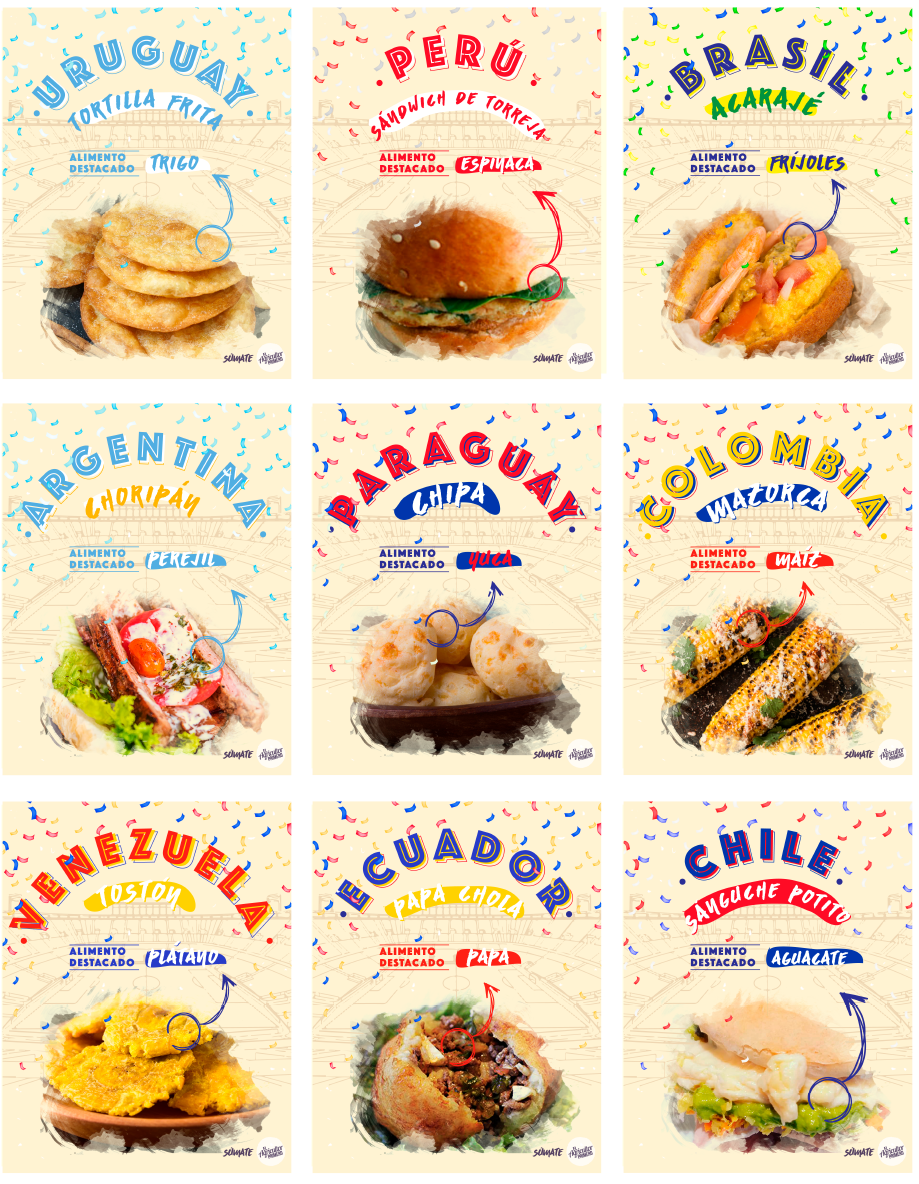
loading...

loading...
Slide
Virtual education shone for its offer and accessibility; it was available to farmers, students, authorities, academia and interested people in the entire region. With a catalogue of 7 virtual courses in 3 languages, 7500 diplomas were awarded during the year. The most recent course, Pesticide Risk Management and Mitigation, certified 500 students in just 3 months since its launch.
Thanks to the online course platform, more than 16,000 students have completed one or more courses since it was launched. Through online education, CropLife Latin America reiterates its commitment to the responsible use of ag technologies, Good Agricultural Practices GAPs, and sustainable agriculture.
The corporate CropLife Latin America website, along with its social networks, were the protagonists of the digital ecosystem during 2019. Their messages reached an audience of 10.5 million people, who received posts about the implementation of GAPs, the responsible use of pesticides, science and innovation, and the CuidAgro and CampoLimpio programs, among others.
We continued to publish scientific articles and relevant industry news on our website. The pests section continues to attract loyal audiences interested in learning more about protecting their crops. The organization also ventured into Instagram, one of the most popular and high-growth networks today, receiving a very positive reception.
In an effort to familiarize the general public, particularly women, with pesticides, the website www.plaguicidas.info communicated messages and scientific articles focused on what pesticides are and why they are important, MRLs and food safety, and trust in the foods that are consumed day by day.

The messages with better reception from the audience were those of human health, the ones that explain what pesticides are and what they are used for, and articles on domestic pests. With a language and experiences familiar to those living in the city, we were able to increase the reach of the information. During the year, more than 3.6 million people were reached.
Through the Farmer First campaign, the work of the farmer was promoted, communicating information on consumption of agricultural products, familiarization with agricultural technification and innovation, food waste and the care of natural resources, and activist actions to support agriculture in each country. With a reach of 5.6 million people, this digital activism initiative focused during 2019 on creating striking campaigns on social networks, which moved audiences and their passions.

